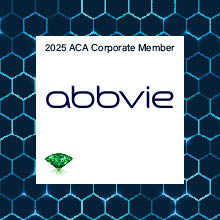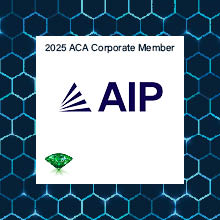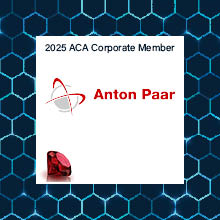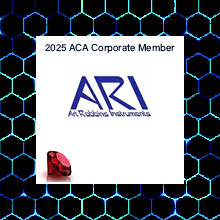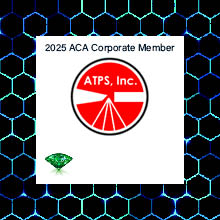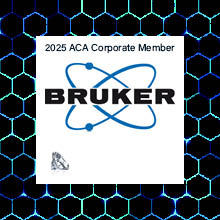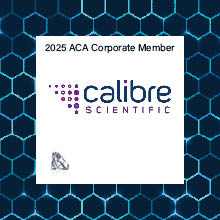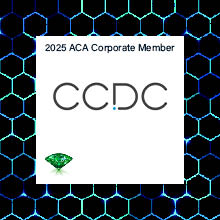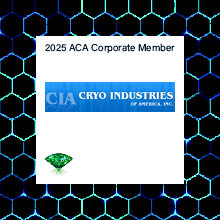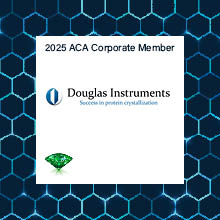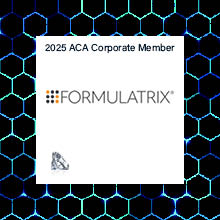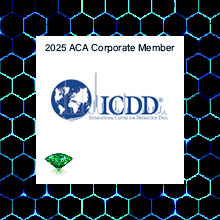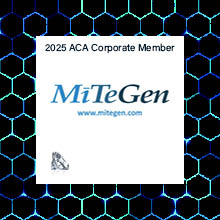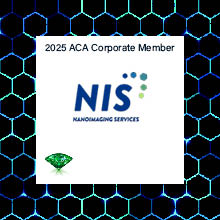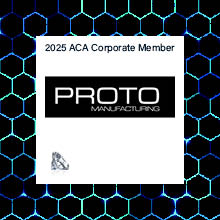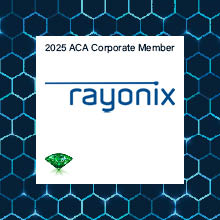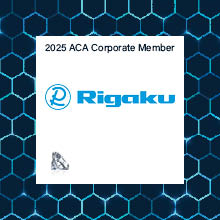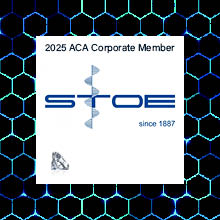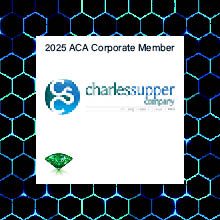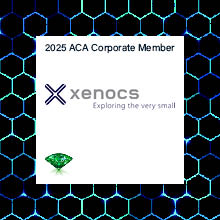- Home
- About ACA
- Publications & Resources
- Programs
- Annual Meeting
- Membership
- -History-
- ACA Video Library
ACA Election Candidate: Danielle Gray
EducationBA (Major: Chemistry), Augustana College (2001); PhD, Chemistry, Northwestern University (2006); Postdoctoral research, Northwestern University (2006-2008). Professional Activities: Ran the G.L. Clark X-ray Facility in the School of Chemical Sciences at UIUC (2008-2019) and is now the Associate Manager of all the CORES service facilities at UIUC. Was a member of the ACA Education Committee (2016-2019), ACA Secretary of Small Molecule SIG (2016-17), several time organizer/co-organizer of the popular ACA session “Would you Publish This?” (2017,2018,2019). 2013-2014 was a member of the International Year of Crystallography Committee for the ACA. Has been a long-time instructor at the ACA Summer School in Crystallography (2015-present). Research InterestsStructure elucidation of complex small molecules especially modulated crystal structures via single crystal diffraction and more recently micro electron diffraction studies of potential therapeutics. StatementIt is an honor to be asked by the ACA Nominating Committee to run as a candidate for the Meeting Committee. As a small molecule service crystallographer, I have been exposed to a variety of crystallographic topics through the research brought into my facility and have greatly appreciated the opportunity that ACA meetings provide to present research, network with experts, and to both educate and learn. Now I would like to give back to our community and help shape future meetings that can continue this legacy by building well-rounded meeting programs that consist of interesting, cutting-edge, and relevant topics with opportunities to both learn and educate in an inclusive and nurturing environment. I have spent the bulk of my career educating and empowering others to use crystallography in a responsible manner to enable a deeper understanding of the research at hand through molecular structure elucidation. The annual ACA meeting brings together experts from across the fields to discuss this common goal. It would be my privilege to help tackle the monumental task of planning a successful meeting. I believe that plan begins with great science and is supported by a diversity of session subjects, ample opportunities for young scientists to present and to interact with experts, and a prioritization of education efforts especially on new and complex techniques. Teaching during COVID taught me that education through observation alone is less than successful. Hands on learning experiences are much more effective. Workshops provide valuable experiences for attendees to learn about and apply advanced techniques. Providing alternative interactive sessions like “Would you Publish This?” or demonstrations throughout the schedule could enrich our meetings. By prioritizing these efforts, I hope to help plan another successful ACA meeting. |
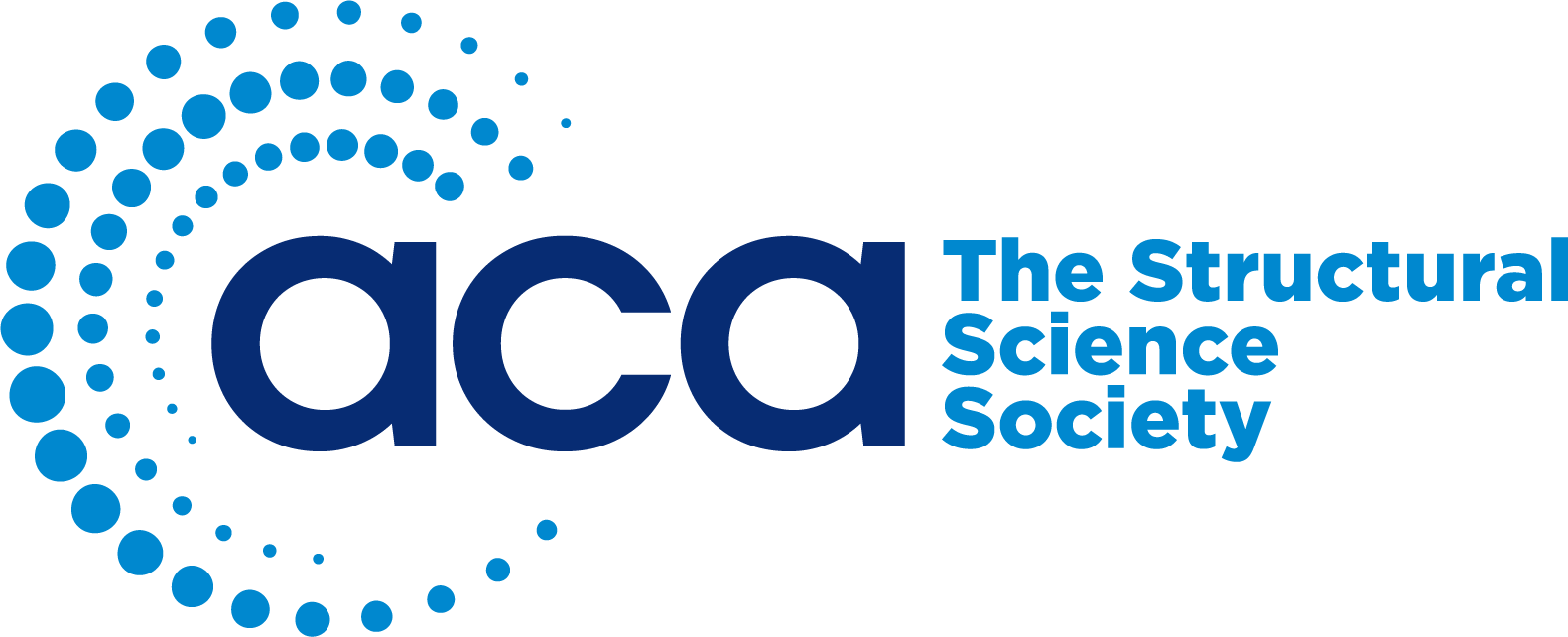
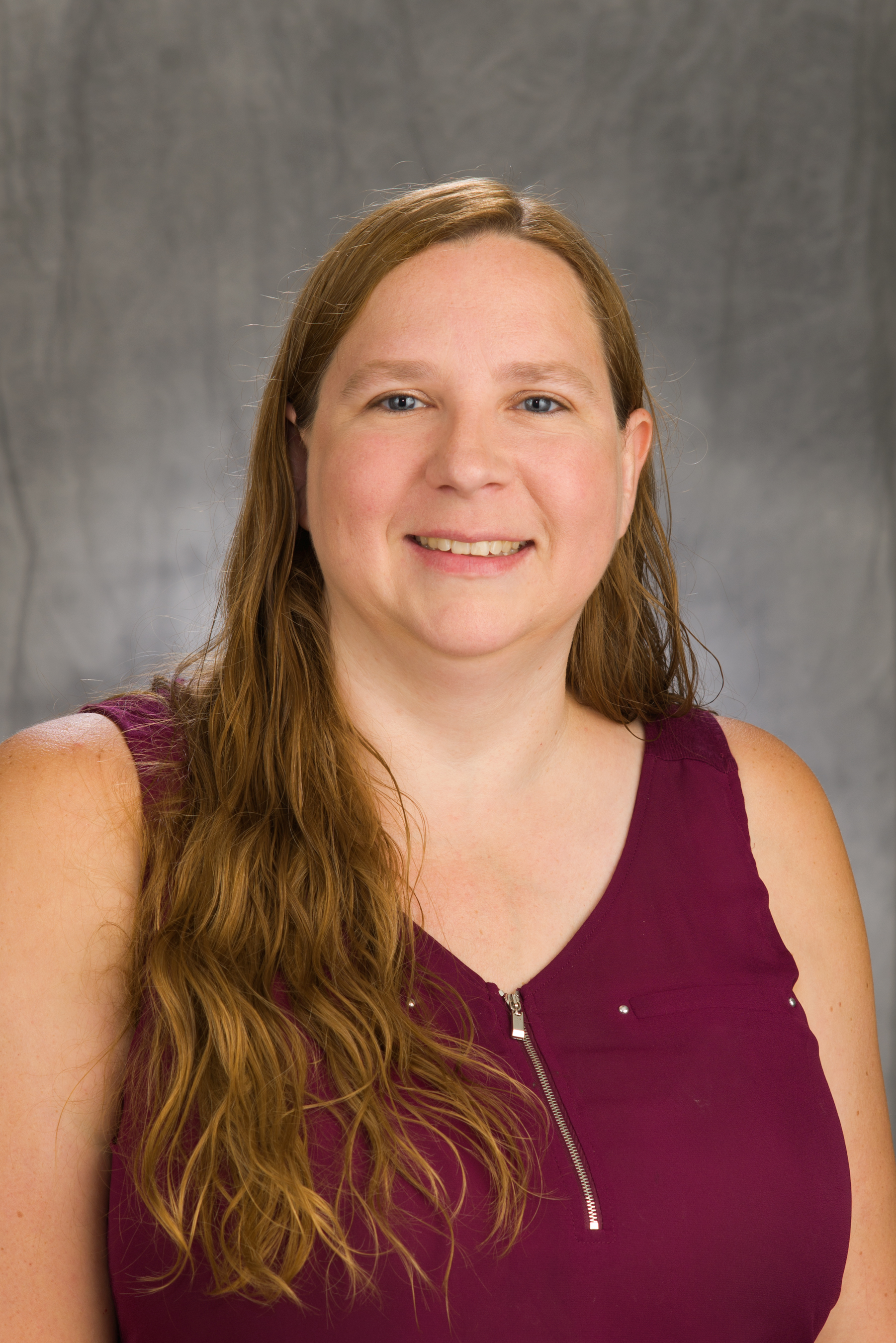 Associate Manager of CORES Facilities, School of Chemical Sciences – University of Illinois at Urbana Champaign. (2019-present).
Associate Manager of CORES Facilities, School of Chemical Sciences – University of Illinois at Urbana Champaign. (2019-present).